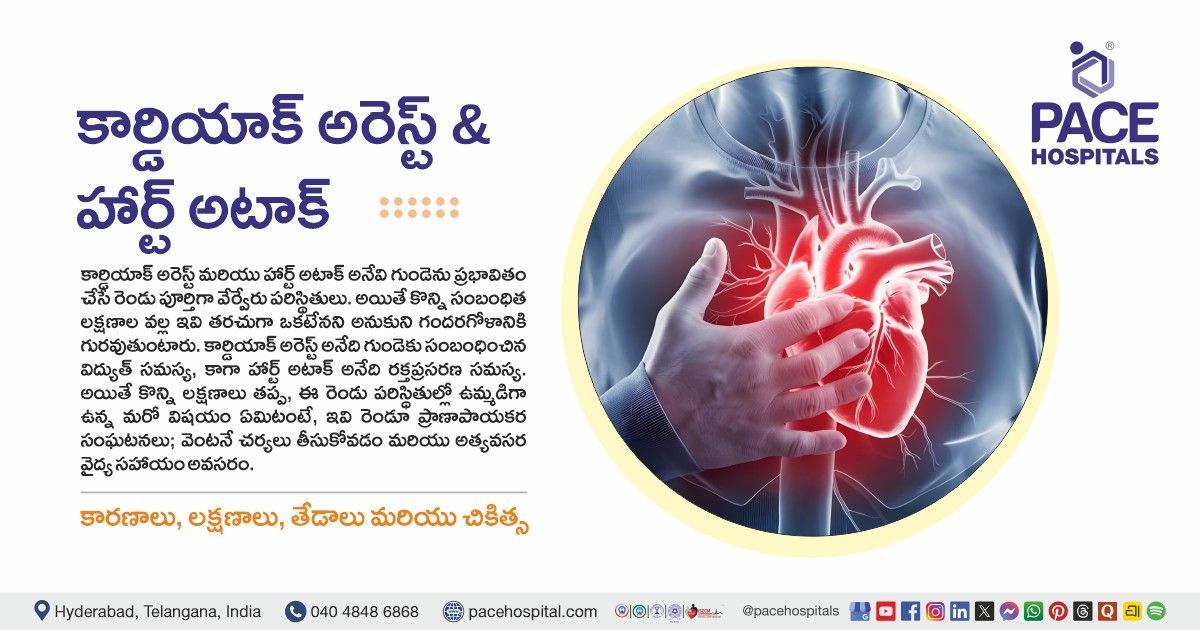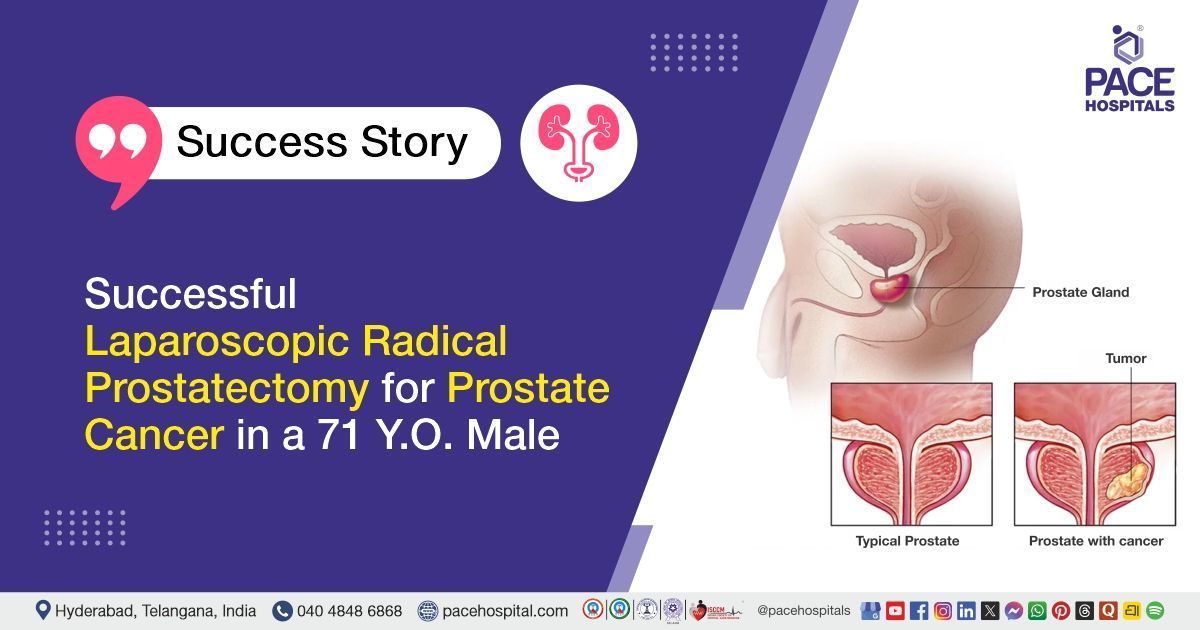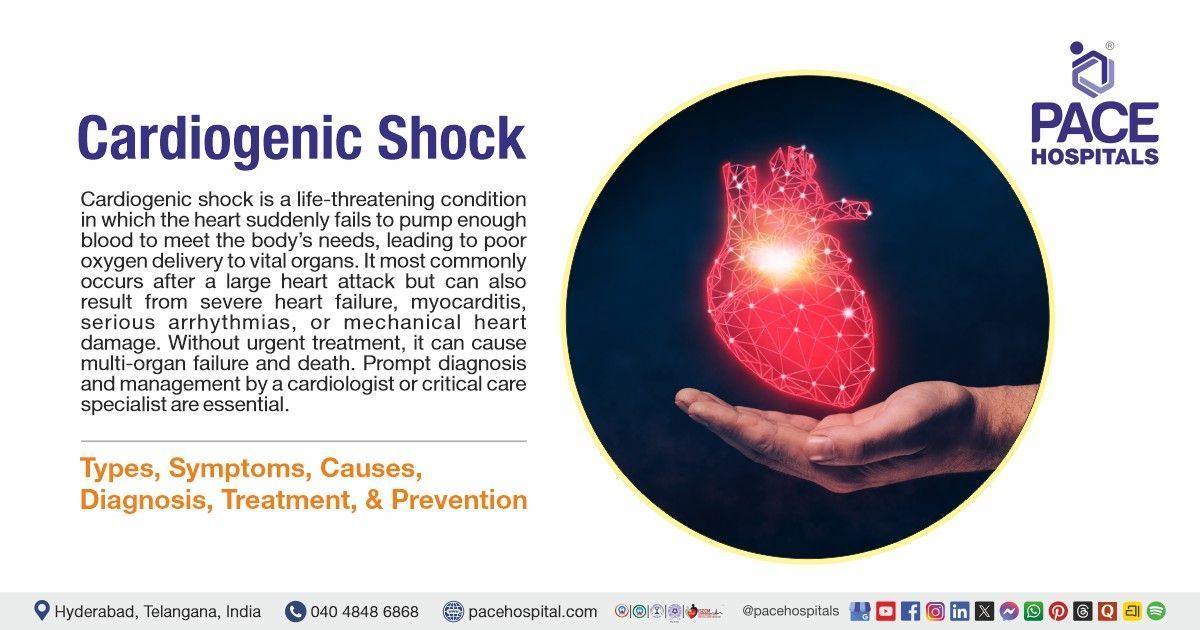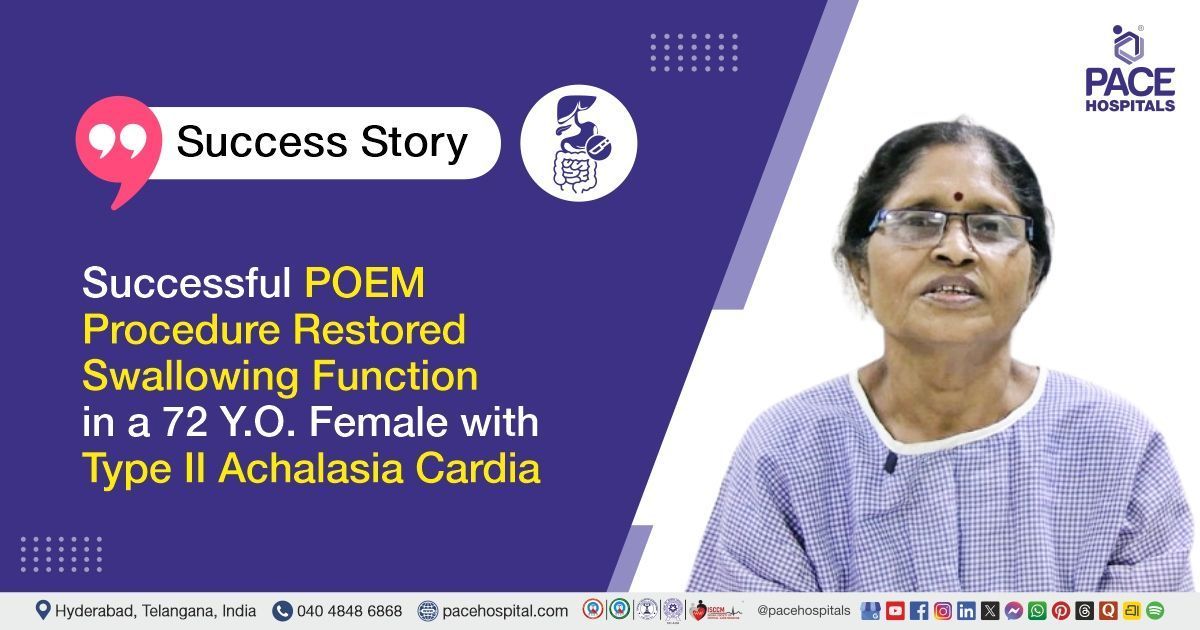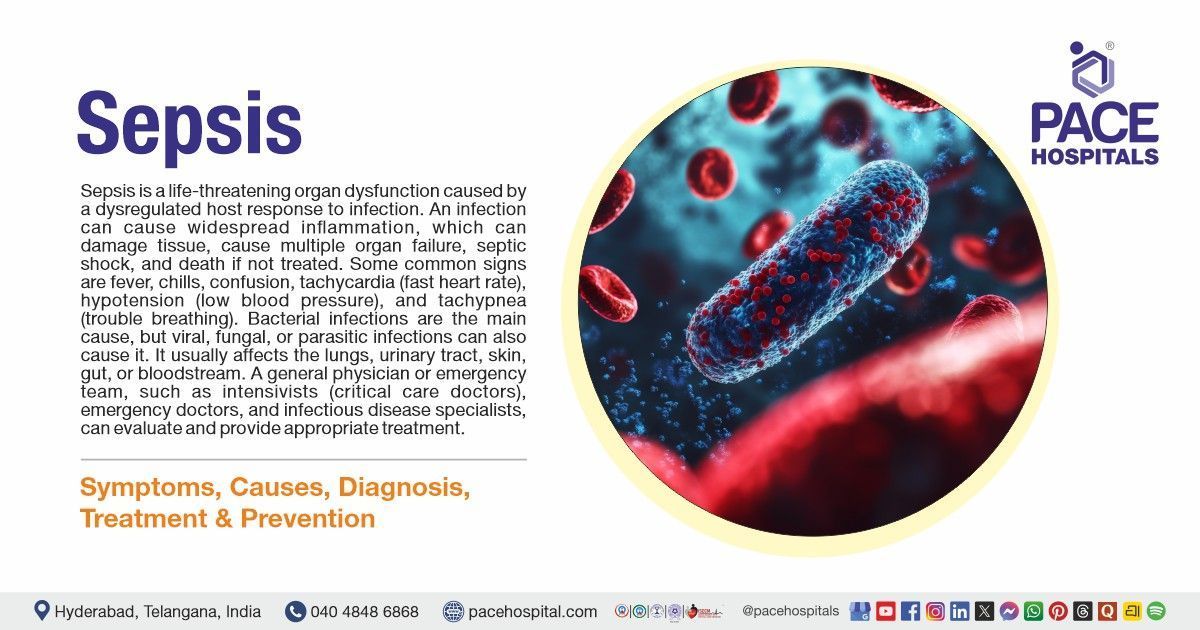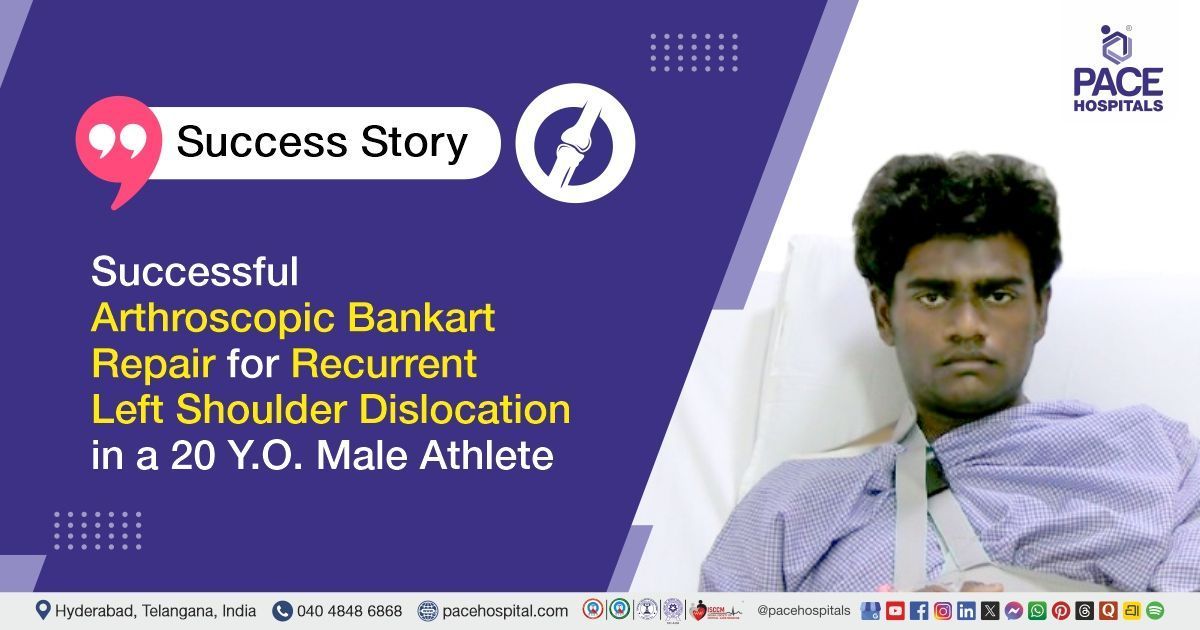Laparoscopic Mini Gastric Bypass & Crural Repair in a Complex Obesity with PCOS and Insulin Resistance
PACE Hospitals
PACE Hospitals' Bariatric and Metabolic Surgery team successfully performed a Laparoscopic Mini Gastric Bypass, crural repair, and liver biopsy for a 27-year-old female with morbid obesity (BMI: 40.14), Polycystic Ovary Syndrome (PCOS), and insulin resistance.
A 27-year-old female patient with morbid obesity (BMI - 40.14), Polycystic Ovary Syndrome (PCOS), and bronchial asthma was presented at
PACE Hospitals, Hitech City, Hyderabad.
Medical History
Delving deeper, it was understood that the patient was suffering from morbid obesity with a BMI of 40.14, polycystic ovary syndrome (PCOS), and bronchial asthma which led to her admission to PACE Hospitals for additional care and management.
Diagnosis
Upon being admitted to PACE Hospitals, and after a thorough history and physical examination, as well as evaluation of diagnostic investigations, the patient was diagnosed with morbid obesity (BMI 40.14), polycystic ovary syndrome (PCOS), and insulin resistance.
The patient has been diagnosed with morbid obesity (class III), which is a chronic, lifelong, multifactorial condition marked by excessive fat storage. This severe form of obesity is defined by a body mass index (BMI) of 40 or higher, or 35 or higher with obesity-related health consequences (hypertension, diabetes, severely limited musculoskeletal problems).
The patient also has polycystic ovarian syndrome (PCOS), which is a common hormonal problem affecting women of reproductive age. It usually begins in adolescents, but symptoms may change over time. PCOS can cause hormonal abnormalities, irregular periods, high androgen levels, and ovarian cysts. Obesity is a common cause of insulin resistance and a significant risk factor for diabetes, and it may worsen symptoms of PCOS, contributing to further weight gain and creating a cycle of metabolic dysfunction. Abnormal fat deposition in skeletal muscle has been recognized as a cause of obesity-related insulin resistance.
Treatment
After consultations with the team of surgical gastroenterologists, bariatric and metabolic surgeons - Dr. Suresh Kumar S, it was determined that a Laparoscopic Mini Gastric Bypass procedure was the most effective method of treating the patient.
The Mini Gastric Bypass (MGB) is a type of weight loss surgery performed laparoscopically that includes a long gastric conduit, a jejunal bypass, and a broad gastro-jejunostomy (GJ), which connects the stomach directly to the lower part of the intestine to speed up digestion. To achieve this, the surgeon creates a small pouch in the stomach and redirects the small intestine so that food goes directly from the pouch to the small bowel, bypassing some of the bowel and reducing excessive calorie absorption.
This procedure results in a healthy weight and promotes good metabolism (the conversion of food into energy). In addition to treating obesity, this surgery is extremely effective at managing high blood pressure, diabetes, high cholesterol, and sleep apnea, among other conditions.
After the necessary investigations were done and clearances were obtained, the patient was administered intravenous antibiotics, and later, the Laparoscopic Mini Gastric Bypass procedure along with crural repair and liver biopsy was performed.
The stomach and liver appeared normal. The distal oesophagus had mobilized, and the crural repair has been done. A 4 cm gastric conduit was stapled from above the incisura angularis to the gastroesophageal (GE) junction. Gastrojejunostomy was performed 150 cm from the DJ flexure with staples and oversewn. A biopsy of the liver was taken. Routine liver biopsy during bariatric surgery has the advantage of detecting potential problems at an early stage. The surgical procedure was successful.
Aftermath
The post-operative period was uneventful. The patient was given intravenous antibiotics, antacids, analgesics, and IV fluids to manage any immediate post-operative needs.
Post-surgery, the patient was initiated on a liquid diet on post-operative day (POD 2), which was gradually increased to full oral liquids by POD 3. Gynecologist opinion was taken in view of polycystic ovary syndrome (PCOS). Ambulation (the ability to walk) was encouraged. The patient was tolerating well orally and was in a stable condition at discharge.
The patient was sent home with follow-up instructions and advised to follow a liquid diet as advised by the dietician including a liquid diet for one week, a puréed diet for one week, followed by a soft diet. She was advised to attend bariatric support group meetings, avoid strenuous activities for two months, and bed rest for 2 weeks.
The patient was also instructed to contact PACE Hospitals' emergency room / causality at once in case of bleeding, fever more than 101°F, wound discharge, severe pain, and altered sensorium.
After one week, the patient was asked to get a review by Dr. Suresh Kumar S about the status.
The Role of Obesity in Developing Insulin Resistance
Insulin is a hormone produced by β cells in the pancreas in response to food intake. Its primary role is to regulate carbohydrate, fat, and protein metabolism by increasing the absorption of blood glucose from the circulation into adipose tissue, skeletal muscle, and the liver, where it is used for energy. Excess blood glucose, on the other hand, decreases cell absorption, which eventually leads to insulin resistance and impairs the cellular insulin response. Many factors contribute to insulin resistance, including oxidative stress and reticulum stress, hereditary factors, oxygen deficiency, and lipodystrophy, which can lead to various diseases.
Insulin resistance has long been linked to obesity, which is directly related to cardiovascular illnesses such as dyslipidemia, atherosclerosis,
type 2 diabetes mellitus (T2DM), and hypertension. Obesity raises the risk of developing insulin resistance. Several inflammatory markers have been associated with an increased risk of insulin resistance in obese people.
Share on
Request an appointment
Fill in the appointment form or call us instantly to book a confirmed appointment with our super specialist at 04048486868


